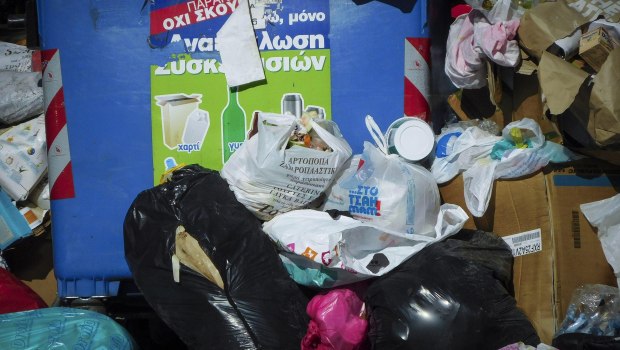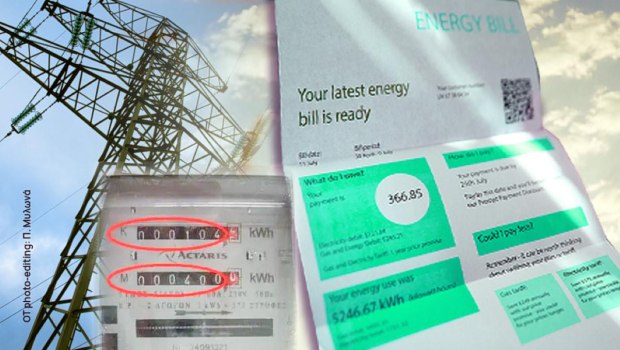Bank of Greece report: faster inflation deceleration in Greece with three risks on the hor
Source: ProtoThema English
The deceleration of inflation in Greece is proceeding at a faster pace than in the rest of the eurozone, marking – as the Bank of Greece reports – the end of a period of sharp appreciation.
According to the October 2025 Inflation Monitor report, the headline consumer price index fell to 1.8% in September from 3.1% in August, for the first time lower than the eurozone average. Structural inflation, excluding energy and food, fell to 2.6 % from 3.9 %, while the contribution of energy to the overall index was negative (-3.7 %).
The BoE noted that the fall in inflation was underpinned by the deceleration in energy prices, where gas and electricity prices showed a sharp decline in the third quarter, and the stabilisation of food and non-energy industrial goods. Price growth in unprocessed food was limited to 4.1 percent from 5.8 percent, while processed food saw its first small decline in two years.
Despite the improvement, the Bank of Greece warns of three key risks that could slow or reverse the trend:
- the possible resurgence of global energy prices,
- increased wage pressures in services such as tourism, catering and transport,
- and sustained tourism demand that keeps accommodation and travel costs high.
Inflation expectations for businesses fell to 3% (from 3.9%), while consumers remain more cautious, forecasting increases of around 5-6% over the next three years. The Bank notes that the rate of decline in inflation in Greece is now faster than in the Eurozone, highlighting that this momentum, if sustained, could lead to a stabilisation near 2.6% in 2026 and a further decline to 2.4% in 2027.
As noted in the report, “the core inflationary pressures have started to recede, but the process of returning to the 2% target will be gradual and will depend on the stability of global energy prices and the moderation of wage increases.”
The deceleration, according to the BoE, is expected to boost household purchasing power, contain inflationary expectations and allow for a softer monetary policy in 2026 against the backdrop of slowing growth and a stabilisation of the labour market.
Ask me anything
Explore related questions
The original article: belongs to ProtoThema English .



